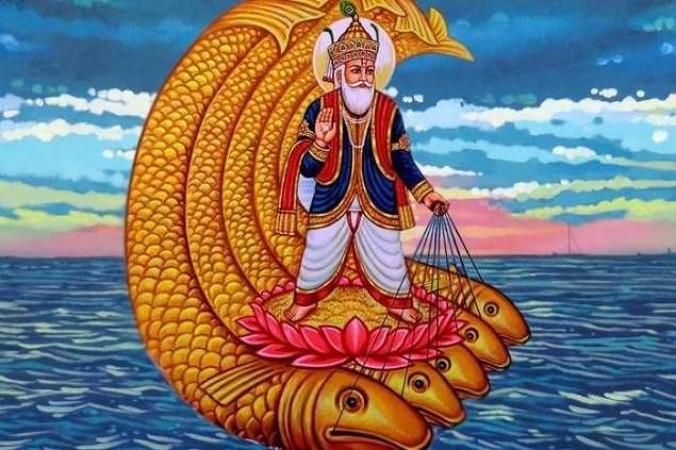
Sindhi religion is a unique and diverse tapestry woven from the threads of ancient cultural practices and spiritual beliefs. Rooted in the Sindh region of South Asia, Sindhi religious traditions have evolved over centuries, reflecting the influences of various historical events, migrations, and interactions with neighboring cultures. Sindhi religion represents a fascinating amalgamation of diverse spiritual beliefs and cultural practices. Through the ages, the Sindhi people have embraced a harmonious coexistence of various religious traditions, emphasizing the values of unity, love, and spiritual quest. Their rich cultural heritage and enduring faith continue to enrich the tapestry of human diversity, bridging the gaps between different communities and inspiring a sense of shared humanity.
The Sindhi people, hailing from the Sindh region, located in present-day Pakistan and parts of northwest India, have a rich historical background. In ancient times, the region was a thriving center of trade and cultural exchange, fostering the growth of various religions and spiritual traditions. Over the centuries, Sindhi society has been influenced by Hinduism, Islam, Sikhism, and Sufi mysticism. The majority of Sindhis practice Hinduism, and their religious beliefs are deeply intertwined with their cultural identity. Sindhi Hindus worship a diverse pantheon of deities, including Lord Shiva, Lord Vishnu, and various forms of Goddess Shakti. The worship of Jhulelal, a syncretic deity revered by both Hindus and Muslims, is central to the Sindhi religious ethos. The Sindhi community celebrates various Hindu festivals, such as Diwali, Holi, Navratri, and Cheti Chand, the Sindhi New Year, which holds particular significance for the community.
Sindh has been a significant center for Sufi mysticism, and many Sindhis, irrespective of their religious affiliations, have been deeply influenced by Sufi teachings. Sufi saints like Shah Abdul Latif Bhittai and Sachal Sarmast are revered figures in the region, and their poetry and teachings emphasize love, unity, and spiritual transcendence. A significant minority of Sindhis follow Islam, which has also left an indelible mark on the region's religious and cultural landscape. Sufi Islam, with its focus on spiritual enlightenment and direct experience of the divine, has had a profound impact on the practice of Islam among Sindhi Muslims. Sufi shrines, where devotees gather to seek blessings and guidance, play an essential role in the religious life of Sindhi Muslims. Sindh holds historical significance for Sikhs as well. Guru Nanak Dev Ji, the founder of Sikhism, traveled through the region during his journeys to spread his spiritual teachings. His interactions with the people of Sindh left a lasting impact, and his message of unity, equality, and devotion to the divine resonates with Sindhis to this day.
Beyond religious practices, Sindhi culture is deeply rooted in various customs and traditions that have been passed down through generations. Sindhis are known for their vibrant folk music, dance, and art, which often celebrate their spiritual connections and love for nature. The Sindhi language, written in the Arabic script, is an integral part of their cultural identity. Due to historical events like the partition of India in 1947, many Sindhis migrated to different parts of India and the world. As a result, the Sindhi religious and cultural heritage has found expression in various countries, and communities around the globe continue to celebrate their traditions and festivals.
Also read -Akira Internet Virus to Shook off Indian Govt for Data Interruption
Shiv Chalisa: Devotional Verses Honoring Lord Shiva
Hanuman Ashtak: A Reverent Hymn Celebrating the Mighty Hanuman